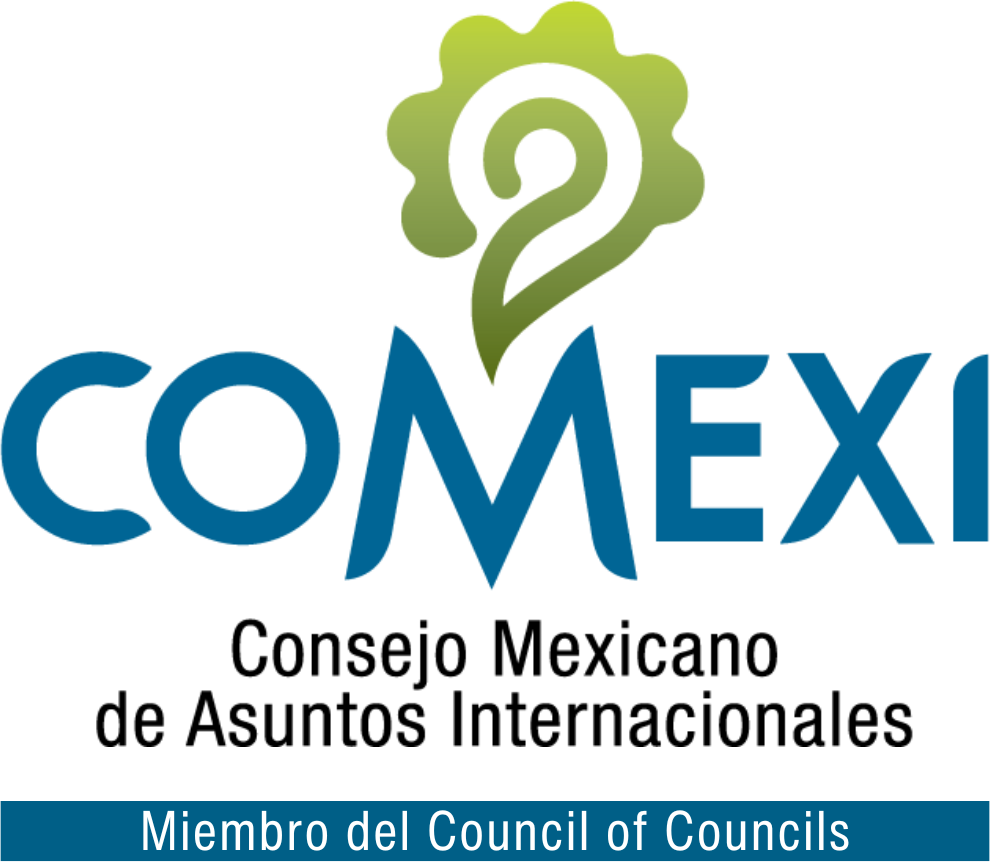Fecha Publicación: 18-03-2025
President Donald Trump’s recent address to Congress reaffirmed his earlier foreign policy positions, signaling a significant break from post–Cold War norms. In recent weeks, his administration has recast the United States as merely one among several great powers—albeit the most dominant—and less committed to upholding the existing international order. Instead, Washington has pursued transactional agreements with nations like China and Russia, sidelining Europe and treating regional partners as lesser players.
For Mexico, this shift is worrisome. A decades-long vision of North American economic integration now faces an outlook in which neighboring countries are treated more as vassals than partners. Trump’s frequent remarks expressing hopes for Canada to become the fifty-first 51st state mirrors the harsher tone directed at Mexico’s leadership—even as he professes personal respect for President Claudia Sheinbaum. This approach weakens cooperation and heightens uncertainty, forcing Mexico and Canada to respond to abrupt tariff threats and shifting demands. Meanwhile, the impact on U.S. financial markets signals that Americans themselves may soon feel the economic fallout more broadly.
Because Mexico’s economy is deeply intertwined with that of the United States, it has limited options beyond adapting to a climate in which concessions and tactical maneuvering override deeper collaboration. Those rapid changes provoke domestic concerns and cast doubt on Mexico’s capacity for steady growth, especially given signs it may already be in recession.
Still, the two nations share crucial interests. In matters of security, Mexico gains from dismantling organized crime networks and severing their links to government institutions, yet meaningful support from Washington is politically feasible only if Mexico avoids appearing to capitulate under pressure. Economically vibrant, interconnected markets bolster the United States’ supply-chain resilience in spite of trade deficits. Yet employing tariffs as leverage sows distrust and instability, ultimately harming all three North American economies. On immigration, a well-managed, fair system that meets labor needs across borders would serve everyone’s interests; however, contentious rhetoric frequently drowns out pragmatic policymaking.
In the end, Mexico’s most pragmatic course, however daunting, entails reaffirming its commitment to a North American partnership. By pressing the United States for deeper integration through a customs union, security cooperation, and a realistic immigration framework, Mexico can demonstrate that shared prosperity and stability provide the best defense against global challenges. Whether the United States accepts that premise remains an open question, but the case for genuine cooperation is stronger than ever.




